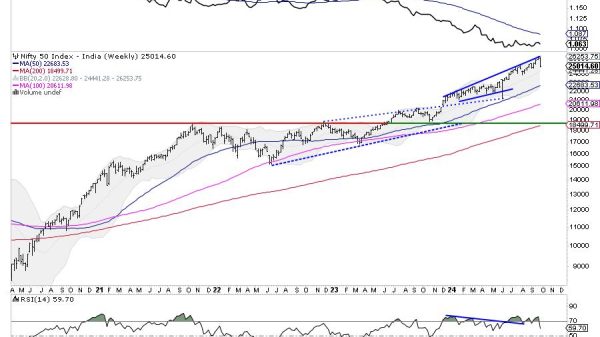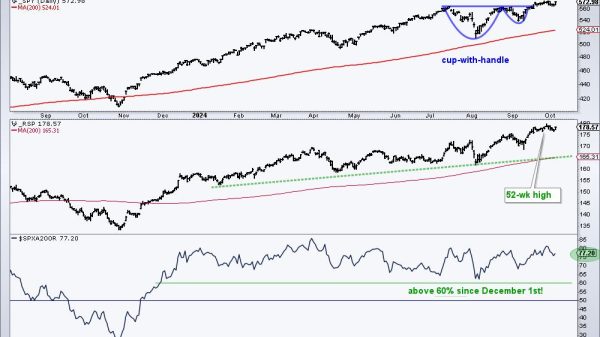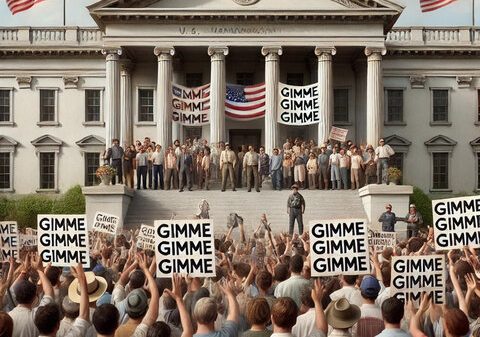Walter Olson
In a long line of cases on race and redistricting, the Supreme Court has generally ruled that some race‐conscious line drawing is okay in applying the federal Voting Rights Act, so long as things don’t go overboard with crazy lines and such. “Racial gerrymandering, even for remedial purposes, may balkanize us into competing racial factions,” warned Justice Sandra Day O’Connor in the first case in this series, Shaw v. Reno (Shaw I, 1993). A 1995 case, Miller v. Johnson, further established that a map will generally be struck down if race was the “overriding, predominant” force in its inception.
These rules, together with the interpretive framework laid out in a 1986 case called Gingles, have long been open to a practical and a constitutional objection. The practical objection is that they have proved incoherent in operation, with lower courts deciding cases inconsistently and the outcome of cases hard to predict. What, exactly, does it mean for race to be “predominant” as a force? The constitutional objection is that the nation’s governing document disfavors treating voters and citizens differently according to race, and that what exceptions there may be to this principle, such as remedial use of race to correct past violations, are fading in significance. If race is an improper ground for government action, why should it be approved or even required in redistricting so long as it stops short of being “predominant”?
In Allen v. Milligan today, a five‐Justice majority of the Supreme Court resisted the logic of both the practical and the constitutional critique, upholding a lower court ruling that had ordered race‐based redistricting in Alabama to create a second black‐majority U.S. House seat. It’s a long and complex set of opinions and I’ll stick to a couple of highlights:
As colleague Ilya Somin points out, what determined the outcome today may have been Justice Brett Kavanaugh’s embrace of the view that even a very ill‐considered interpretation given by earlier Courts to statutory language should generally be followed as stare decisis. This applies more to statutes than it does to constitutional interpretation, since Congress has long been free to correct the language of the Voting Rights Act that resulted in the rickety Gingles test, but has not done so.
Four Justices suggested the lower court opinion would flunk even the lax current standard since race did, in fact, predominate in the minds of plaintiff experts proposing alternative maps. In fact, when computers were used to generate millions of random maps, not one created a second black‐majority district in Alabama. Only when the computer was specifically instructed to consider race did this happen.
Justice Brett Kavanaugh, who unexpectedly brought the liberals their victory today, nonetheless came under immediate fire for supposed inconsistency because he had voted differently on an earlier bid to block the 2022 use of the districts. But the explanation, and his defense, is plain: he takes seriously the principle (which lawyers call Purcell) that judges should refrain from interventions relatively late in an election cycle, when remedies such as obligatory remaps would be maximally disruptive.
However it may handle the statutory‐interpretation side, it’s unlikely that the Court can go on dodging the constitutional logic forever.




















